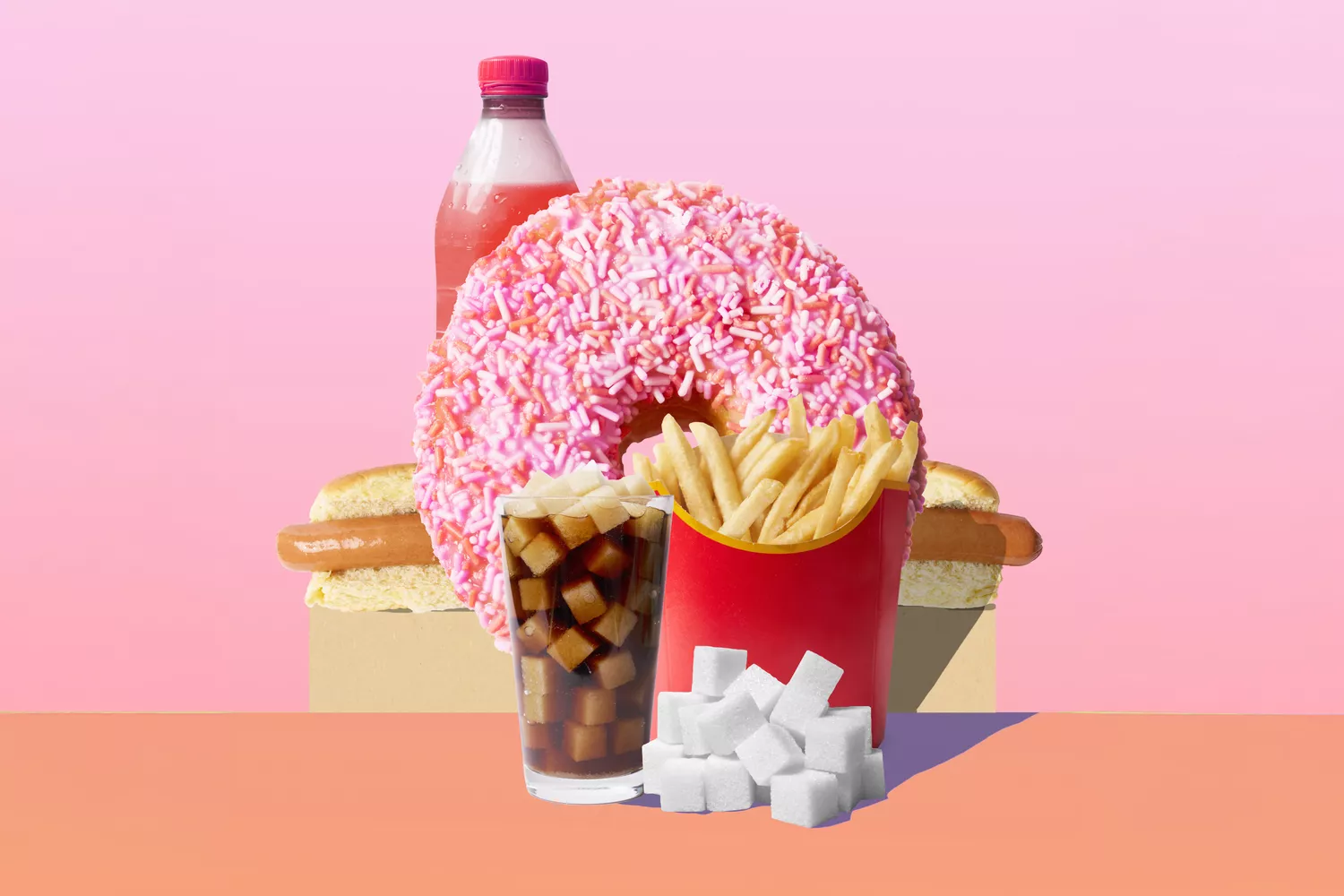Ultra-processed foods– a group that consists of all those all-too-enticing foods like snacks, desserts, and treats– might be delicious, however study after research study has revealed concerning problems with their impact on your wellness. And the current research, released in the American Journal of Preventive Medicine, determined that for every single 10% rise in using ultra-processed foods, the rate of premature death enhanced by 2.7%. That’s especially uncomfortable, given that a different research study found that approximately 70% of the united state food supply is refined foods.1.
So should you stint the treats? Obtain the information on what this study found– and what specialists recommend you may wish to perform in light of this research study.
What Are Ultra-Processed Foods?
As you might have presumed, ultra-processed foods undergo a great deal of additional work prior to they strike racks and your home. The category includes things like hen nuggets, sweet, junk food, and sodas. “Ultra-processed foods (UPF) are industrially manufactured products that commonly contain ingredients like preservatives, sugar, colorings, and emulsifiers,” claims Poise Derocha, RDN, CDCES, MBA, speaker for the Academy of Nourishment and Dietetics. “These foods are commonly high in added sugars, undesirable fats, and salt, while being low in vital nutrients and fiber.”.
Ultra-processed foods tend to, however, also be unbelievably tasty. And that’s baked into how they’re made. “Their layout intends to be hyper-palatable, which can cause overeating and disrupt natural hunger cues,” Derocha says. Simply put, they’re produced to guarantee you can not quit at just a few chips or cookies– also if you’re complete– and you wind up going back for even more.
What the Research Found Pertaining To Ultra-Processed Foods and Premature Death.
The research was a meta-analysis that evaluated the quantity of processed foods in eight nations– the United States, the UK, Australia, Brazil, Canada, Chile, Colombia, and Mexico– and the fatality rates amongst individuals aged 30 to 69. The research study had a research study pool of 239,982 individuals, and it located that with “each 10% boost in ultra-processed food contribution to complete energy intake, there is an equivalent 2.7% rise in the risk of all-cause mortality.”.
While it would certainly be difficult to definitively prove that ultra-processed foods particularly are to blame, the researchers say that it shows that ultra-processed foods “contribute significantly to the total problem of condition in lots of countries.”.

Derocha states the research outcomes aren’t unexpected. “The findings align with existing research study– and support the understanding that high consumption of ultra-processed foods contributes to unfavorable wellness end results.”.
Should You Be Anxious Concerning Ultra-Processed Foods?
Regrettably, the short response is yes (but don’t panic). “Problem is required, as ultra-processed foods comprise a considerable portion of the American diet,” Derocha states. “Studies suggest that ultra-processed foods represent over 70% of the U.S. food supply, with grownups taking in approximately 57% of their day-to-day calories from these foods.”.
” The research estimates that in 2018, ultra-processed food usage contributed to approximately 124,000 sudden deaths in the U.S. This highlights the considerable public health effect of ultra-processed foods, and highlights the demand for dietary changes towards whole, minimally refined foods.”.
How to Lower the Amount of Ultra-Processed Foods in Your Diet.
Fortunately? This is a location where even little adjustments can make a big impact on your overall health. “While the research study highlights the risks connected with ultra-processed foods, it likewise empowers people to make educated choices that promote better wellness,” Derocha says.
Follow these tips to decrease your intake of ultra-processed foods– and your dangers of sudden death.
Read food tags meticulously.
Whole foods like fresh fruits and veggies and basic healthy proteins are best, but if you’re getting packaged foods, you wish to pick items that have a shorter list of components, and ones you can articulate and recognize (i.e. skip out on things like partly hydrogenated vegetable oil or high fructose corn syrup). “Be watchful about active ingredients– a long listing with unfamiliar terms typically suggests high handling,” Derocha states.
Take it slow down.
Going chilly turkey on ultra-processed foods may look like a terrific idea in light of this news, but it can be difficult to maintain– and make the foods even more attracting if they’re outlawed outright at one time. However every time you exchange in an entire food for an ultra-processed food, you’re making a great selection for your health. “Making little, lasting modifications, like food preparation extra meals in the house, can bring about long-term advantages,” Derocha states.
Decrease the most awful offenders.
There are various degrees of handling that food undertakes before it hits supermarket racks. So some foods, like unsweetened Greek yogurt, tinned beans, or antique oats, may be processed– yet they’re still a healthy component of your diet regimen.
If you’re wanting to make a large effect on your diet plan, there are a couple of food classifications Derocha suggests cutting down or removing entirely.
Sweet drinks Sodas, sweetened teas, and energy beverages are significant resources of added sugars.
Packaged snacks Items like chips, cookies, and sweet typically contain high levels of harmful fats and sugars and boosted salt.
Processed meats Products such as hotdogs, sausages, and delicatessens meats are linked to boosted wellness risks.
Ready-to-eat dishes Frozen suppers and instant noodles commonly have high sodium and preservative web content.
Concentrate on entire foods.
Entire foods tend to be the ones that get on every dietitian’s list of foods to take pleasure in– things like nuts, whole grains, fresh vegetables and fruits, lean proteins, and heart-healthy fats. “Highlight foods that are as near their all-natural state as possible,” Derocha suggests.
Talk with a pro.
If you’re having a tough time making healthier swaps, obtaining expert help can assist provide you the encouragement and the concepts to assist you eat healthier. “Consulting with a registered dietitian can provide tailored strategies for dietary improvement,” Derocha says.



